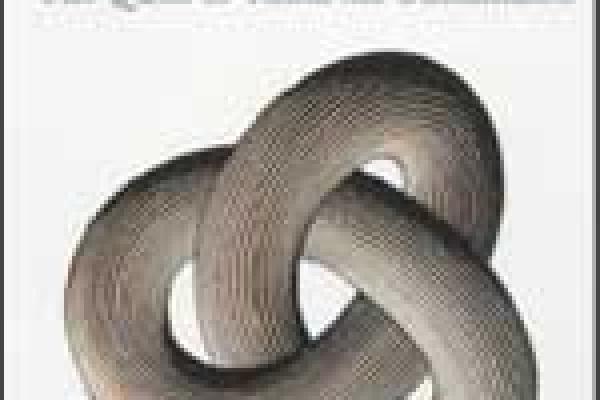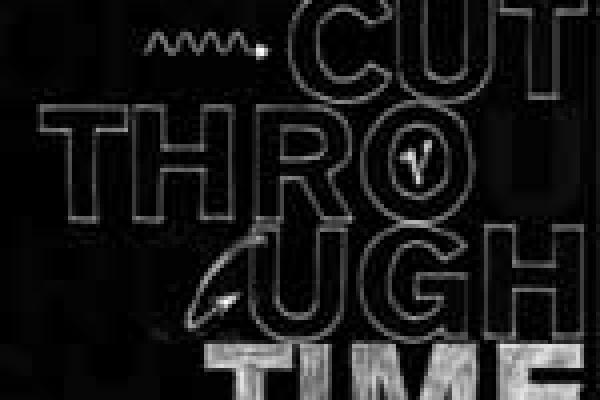Review


'Tribute to a mathemagician'
"Tribute to a Mathemagician" is the third book in a series of publications based on the Gathering for Gardner meetings, a regular gathering of enthusiasts who share Martin Gardner's interests in mathematics, magic and puzzle creation. Martin Gardner, the father of recreational mathematics, has influenced readers all over the world with his "Mathematical Games" column in Scientific American, which ran for 25 years.










